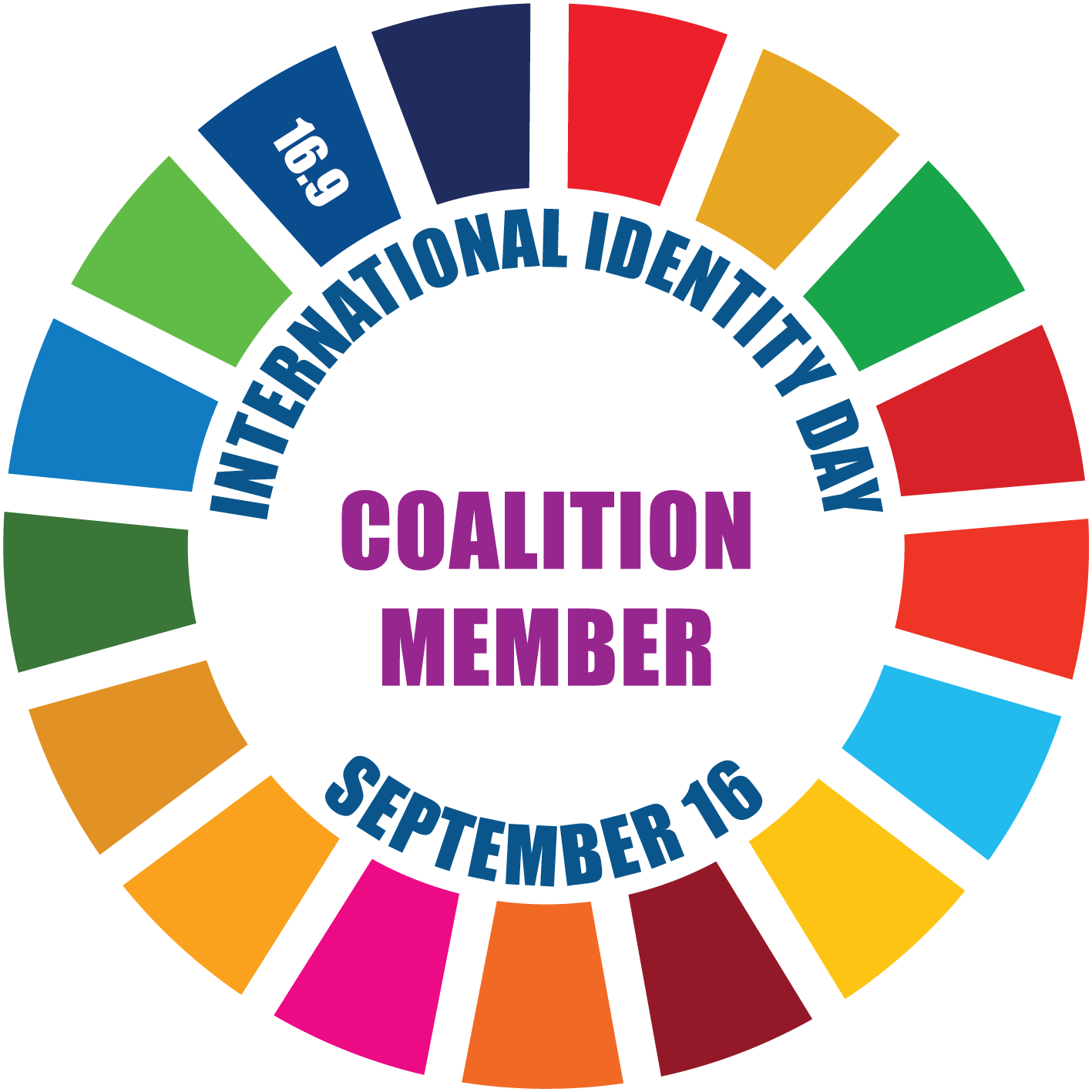Training and Education (TEC)
Responsible to the Supervisory Board for the planning and implementation of the EAB's knowledge transfer activities
Mission
The role of the Training and Education (T&E) Committee of the EAB is to support and promote skills, training and education in the field of biometrics and related identity technologies and services in Europe. It aims to do this by providing a forum from amongst the members of the EAB with an interest in this mission and by establishing and engaging in activities that support it.
Activities
The EAB is able to offer training opportunities and advice to clients across a range of technical, ethical, legal and practical implementation matters, drawing on the expertise and experience of its membership. Training can be arranged according to the requirements of individual clients. We are also able to offer a one day “Biometrics 101” course to serve as an interdisciplinary introduction to biometric systems.
Membership and governance
- All EAB members (except liaisons) may apply for membership.
- Non-committee members may be invited to participate in a meeting on an ad hoc basis in case their specific expertise is needed for that specific meeting.
Chairperson of the TEC:
- Prof Richard Guest, University of Southampton, UK
Committee members:
- Prof Christoph Busch, NTNU, Norway
- Dr Adam Czajka, University of Notre Dame, USA
- Prof Massimo Tistarelli, University of Sassari, Italy
Further information
For further information you can contact:
Email: tec-chair@eab.org





